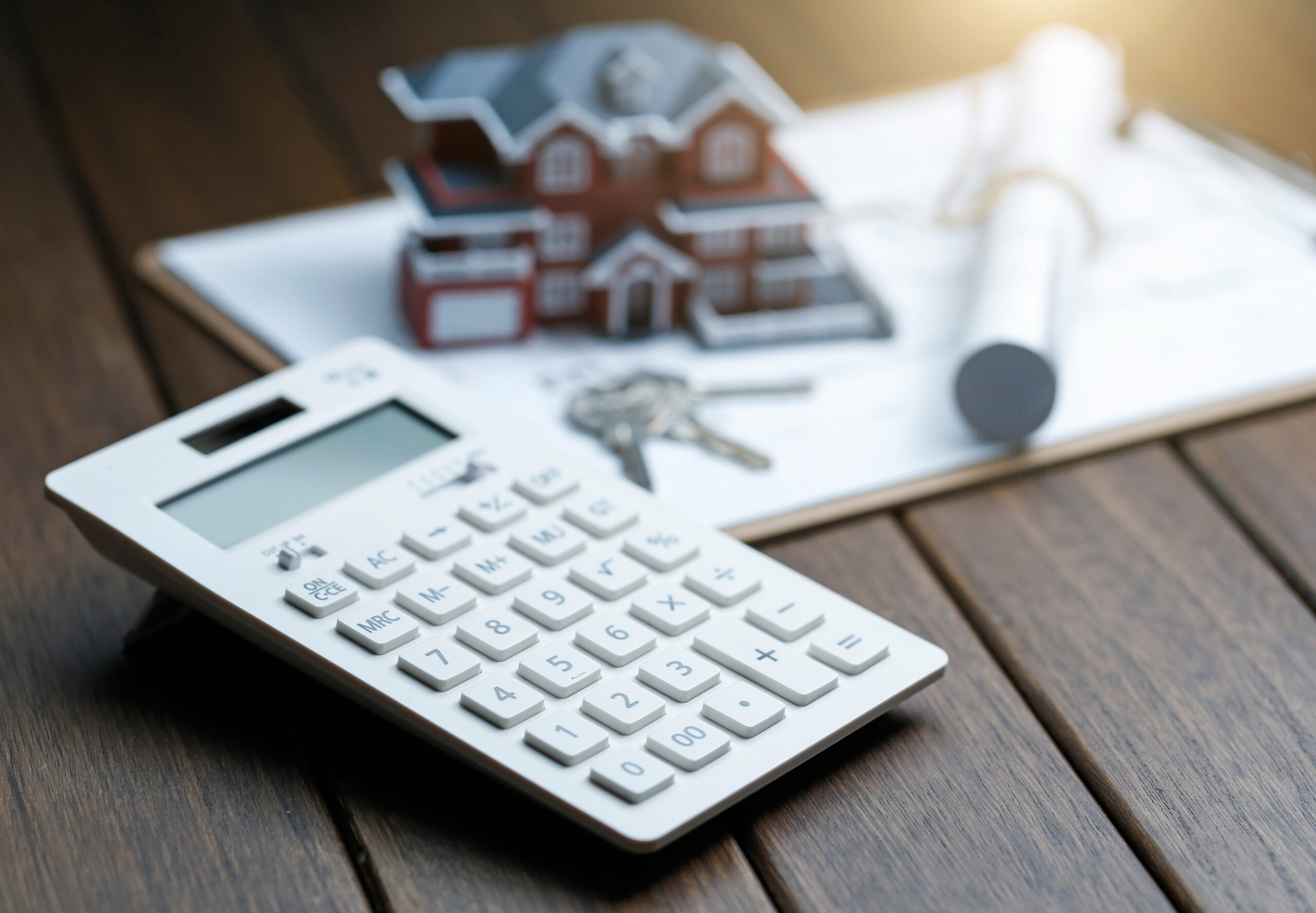Managing a vacation rental can be a rewarding business, but it comes with its fair share of challenges. By anticipating common problems and having solutions ready, you can keep your guests happy and your property in great shape.
Let’s dive into some of the most frequent issues vacation rental owners face and how to tackle them.
Property Damage
One of the biggest headaches for vacation rental owners is property damage. From furniture scratches to broken appliances, wear and tear are inevitable. However, significant damage can be costly and time-consuming to fix.
Schedule routine checks between guest stays to catch any problems early. This can prevent minor issues from turning into major repairs. Setting clear house rules is also crucial. Outline expectations in your rental agreement about how you expect guests to treat your property. This includes guidelines for using appliances, furniture, and other amenities.
Damage deposits are another effective tool. By requiring a deposit upfront, you give guests a financial incentive to take care of your property. If damage occurs, this deposit can cover the repair costs. However, make sure to document any damages thoroughly. Take photos and notes immediately after discovering the issue. Then, contact the guests to discuss the damage and your plan for repairs. In some cases, you might need to file a claim with your insurance or a damage protection plan to cover the costs.
Noise Complaints
Noise complaints are another common issue, especially if your rental is in a residential area.
Guests might host parties, play loud music, or simply be louder than expected. This can lead to unhappy neighbors and even potential fines from local authorities.
Preventing noise problems starts with setting clear expectations. Establish quiet hours and include them in your house rules. Make sure guests are aware of these hours before they book. Installing noise monitoring devices can also help. These devices alert you when noise levels exceed a certain threshold, allowing you to address the issue before it escalates.
If you do receive a noise complaint, act quickly. Contact your guests immediately to let them know about the complaint and remind them of the house rules. Communication is key; a polite but firm approach usually works best. Explain the impact of their noise on the neighbors and the community. In some cases, it might be necessary to visit the property in person to ensure compliance.
Maintaining good relations with your neighbors is also important. Let them know you take their concerns seriously and are proactive in addressing any issues. This can help mitigate frustration and build a positive community reputation.
Unauthorized Guests or Pets
Another problem rental owners often face is unauthorized guests or pets. These unexpected additions can lead to increased wear and tear, potential damage, and even issues with your insurance.
To prevent unauthorized guests, implement a robust guest verification system like Autohost. Use smart locks and security cameras to monitor who enters the property. Clear policies are essential here, too. Specify the maximum number of guests allowed and your rules regarding pets in your rental agreement.
If you discover unauthorized guests or pets, address the issue immediately.
Contact your guests and remind them of the rules they agreed to. Be firm but fair; sometimes, guests might not realize they’re breaking the rules. Discuss any potential penalties for non-compliance, such as additional charges or even termination of their stay.
Updating your listing and guest agreements to highlight these policies can also help. Make it clear that you take these rules seriously and have measures in place to enforce them. This transparency can deter potential rule-breakers and ensure a smoother experience for everyone involved.
Cleaning and Maintenance Issues
Keeping your vacation rental clean and well-maintained is crucial for guest satisfaction. A dirty property or malfunctioning appliances can lead to negative reviews and lost bookings. But, with some planning and a few proactive steps, you can keep your property in top shape.

First, establish a regular cleaning schedule.
Professional cleaning services are a worthwhile investment, ensuring your property is spotless after each guest. They can handle everything from deep cleaning carpets to sanitizing kitchens and bathrooms. Regular cleaning not only impresses guests but also helps identify maintenance issues early.
Routine maintenance checks are equally important. Schedule these checks during gaps between bookings. Look out for plumbing issues, appliance malfunctions, and wear and tear on furniture. Fixing small problems before they become big ones can save you time and money.
When guests report cleaning or maintenance issues, respond promptly. Immediate action shows guests you care about their experience. If a problem requires professional repair, coordinate the service as quickly as possible and keep your guests informed about the progress. Clear communication is key; let your guests know what steps you’re taking to resolve the issue and how long it might take.
Using a maintenance checklist can help you stay organized. List all the areas and items in your property that need regular attention. This includes everything from checking smoke detectors, cigarette smoke detector to ensuring the Wi-Fi and marijuana detectors work properly.
Booking and Payment Problems
Booking and payment issues can be frustrating for both you and your guests. Common problems include double bookings, last-minute cancellations, and payment failures.
Here’s how to handle these challenges effectively.
To prevent double bookings, use a reliable booking platform that syncs your calendar across all listing sites. This ensures that once a booking is made, the dates are immediately blocked off on all platforms, reducing the risk of overlapping reservations. Consistently updating your calendar manually is another good practice if you’re using multiple platforms.
Handling last-minute cancellations requires clear policies. Implement a strict cancellation policy and communicate it clearly to your guests before they book. This helps manage expectations and reduces the likelihood of cancellations. However, be prepared for emergencies or exceptional circumstances. Offering flexibility in rare cases can improve guest relations and lead to positive reviews.
Payment failures can also be a hassle. Ensure you use secure, reliable payment gateways. This not only protects your earnings but also provides a smooth booking experience for guests. If a payment issue does arise, contact the guest promptly to resolve it. Sometimes, it might be a simple mistake, such as an expired credit card. Provide clear instructions on how they can correct the issue.
For disputes, maintain thorough records of all transactions and communications. This can be crucial if you need to resolve a payment issue with the booking platform or payment provider. Clear documentation can also help in case of chargebacks or fraud claims.
Safety and Security Concerns
Ensuring the safety and security of your guests is paramount. Common safety issues include fire hazards, lack of security measures, and insufficient emergency information. Addressing these concerns can help you provide a safe and secure environment for your guests.
Start with the basics: install smoke detectors, carbon monoxide detectors, and fire extinguishers in your property. Test these devices regularly to ensure they’re working properly. Make sure your guests know where they are and how to use them. Providing a simple safety guide can be very helpful.
Enhance your property’s security with features like smart locks and security cameras. Smart locks not only improve security but also offer convenience for guests who can check in and out without needing physical keys. Security cameras can deter potential intruders and help monitor the property’s exterior. Ensure you comply with privacy laws by informing guests about any cameras on the premises and their locations.
Emergency information is crucial.
Provide a list of local emergency contacts, including the nearest hospital, police station, and fire department. Include this information in your welcome guide and place it visibly within the property. This ensures guests can quickly find the help they need in an emergency.
Clear communication about safety measures reassures guests and builds trust. Highlight the steps you’ve taken to ensure their safety in your property listing. This can be a selling point for safety-conscious travelers. By being proactive about safety and security, you not only protect your guests but also enhance your property’s reputation.

Guest Misbehavior and Bad Reviews
Managing guest behavior can be challenging, especially when it disrupts your property or neighborhood. Misbehavior might include rule violations, noise disturbances, or disrespecting neighbors. Addressing these issues promptly and effectively is crucial to maintaining a good reputation.
Preventing misbehavior starts with thorough guest screening. Before accepting a booking, review potential guests’ profiles and read their reviews from other hosts. Platforms like Airbnb offer guest ratings, which can give you insight into their past behavior.
Setting clear rules is also vital. Make sure your house rules are detailed and easy to understand. Include guidelines about noise levels, the number of guests allowed, and the use of amenities. Communicate these rules clearly before and after booking, and make them accessible within the property.
If guests misbehave, address the issue as soon as possible. Contact them to discuss the problem and remind them of the house rules. Most guests will comply once they understand the impact of their actions. If the situation escalates, don’t hesitate to involve local authorities or the booking platform for support.
Dealing with bad reviews can be disheartening, but it’s important to respond professionally. Thank the guest for their feedback, address their concerns, and explain any steps you’ve taken to prevent similar issues in the future. This shows potential guests that you are responsive and committed to improving their experience.

